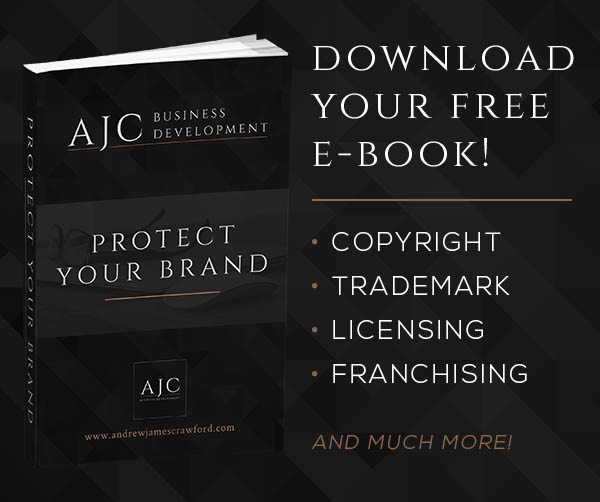What Documents to Keep for your Tax Return
If you’ve just become self-employed then you’re likely going through the motions of finding out about your self-assessment tax return. I’ve been there myself and know how daunting it is – I feel your pain!
There is much information out there about tax returns for first-time self employed people however I have not found one good resource on just the simple fact of exactly what documents you must keep in order to complete your self-assessment tax return each year, and this is what this blog is all about. Below I’ve simply put a list of all the documentation you must keep whilst self-employed and I’ve broken it down in terms of ‘if you gain income from this…then you must keep this document’.
This goes without saying but you must keep documents of everything and anything in regards to your business, whether it’s simple receipts of purchase right up to insurance documents. The reason for this is twofold:
Firstly, many aspects of your self-assessment tax return rely on the information provided from these documents so you will need them to successfully complete your tax return. There is nothing worse than coming to complete your return and going…”oh dear, I know I have that information somewhere…I just don’t know where!” – so be sure to file all documents easily for quick reference.
Secondly, you must keep all documentation for up to 6 years just in case the HMRC ever need to investigate you, in which case you MUST be able to supply them with all the documentation they need or you will be fined and much worse.
So without further adieu here are all the documents you’ll need to keep for your tax return each year:
Income Items
| If you earn this | You must keep this | ||
|---|---|---|---|
| Salary/Wages | P60 P45 Payslips Notice of coding |
||
| Benefits in Kind e.g. Company Car, Medical Insurance |
P11D | ||
| State Benefits |
Statements of payments to you from the DSS | ||
| Pensions State and/or other |
Statement of pension payments by the DSS or Pension Fund | ||
| Share Options |
Share option documents from your employer | ||
| Other Earnings e.g. Tips, Commissions |
Relevant vouchers or documents | ||
| Expenses not reimbursed by your employer |
Expense receipts or voucehers | ||
| Self-employment & Partnerships |
Financial statements from Self-Employment and/or Partnership | ||
| Savings & Deposit Accounts Banks, Building Societies & National Savings |
Interest Certificates Interest Certificates Interest Details |
||
| Share Holdings Dividends & Unit Trusts |
Dividend Vouchers Unit Trust Vouchers |
||
| Other Sources |
Relevant Vouchers | ||
| Land & Property e.g. Lettings, Holiday Accomodation |
Invoices and/or Receipts | ||
| Overseas |
Foreign Income Documentation | ||
| Trusts & Settlements |
Trust Tax Vouchers | ||
| Royalties |
Royalty Income & Expenses |
Expenditure Items
| If you spent on this | You must keep this | ||
|---|---|---|---|
| Mortgage or Loans | Mortgage or Interest Statements | ||
| Vocational Training | Training Papers | ||
| Charitable Covenants | Deeds of Covenant | ||
| Gift Aid | Gift Aid Details | ||
| Venture Capital Trust Shares | VCT Certificates | ||
| Shares | Contract Notes | ||
| Land & Property | Completion Statements |
So that’s everything in a nutshell really! As I said above, PLEASE keep everything that has to do with your business income and expenditure, no matter how small. Every little document will come in handy when completing your tax return or when helping the HMRC with an investigation.
I hope that all helps and if this has been of value to you then why not try my online course ‘How to Manage Your Accounts’ designed specifically for anyone wanting to get rid of those hefty accounting fees by learning how to take control of your own business accounts!
How to Manage Your Accounts - Online Course








